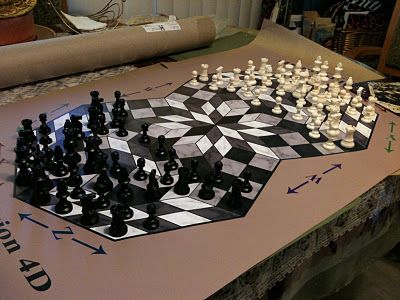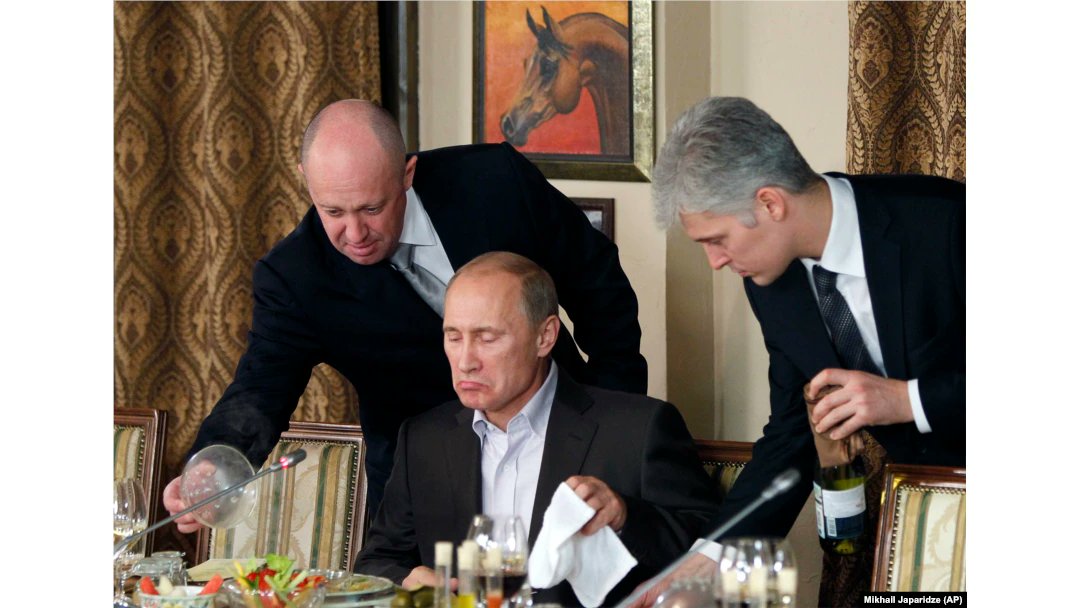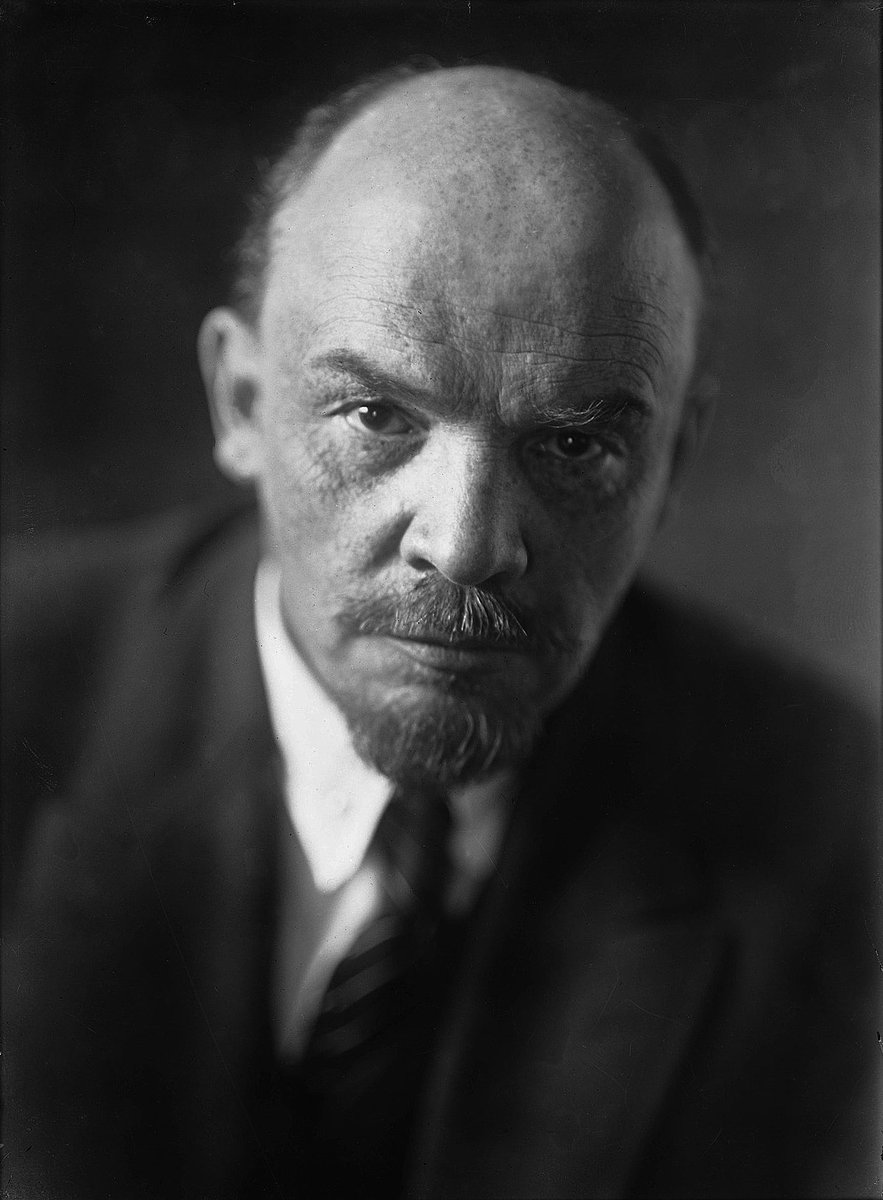Where is Russia going?
Prigozhin's mutiny looks shady. And that is fine. Many coup stories sound shady even in retrospective, as they often included some elements of 4D chess by the political leadership. Still, their consequences were real.
So let's talk of the consequnces🧵
Prigozhin's mutiny looks shady. And that is fine. Many coup stories sound shady even in retrospective, as they often included some elements of 4D chess by the political leadership. Still, their consequences were real.
So let's talk of the consequnces🧵
Raising a mutiny in the south, far off from the capital may sound like a dumb plan. Unless this was not a plan at all. My hypothesis: it looks like a false start
23 June - Wagner mutiny
24-25 June - "Scarlet Sails" in St Petersburg
Both Putin and Medvedev were expected to come
23 June - Wagner mutiny
24-25 June - "Scarlet Sails" in St Petersburg
Both Putin and Medvedev were expected to come
The ruling gang is first and foremost a St Petersburg gang. The core of the Russian leadership including Putin, Medvedev and many others including Prigozhin were originally an extensive crony network from St Petersburg. With Putin's succession in 2000 they became the regime 
Raising a mutiny in the south is a suboptimal plan for a coup
Seizing both the emperor and his heir apparent (seen as such by the elites) is the best plan ever
I don't have any evidence for it. It is just what makes sense. This is what any reasonable person would think of
Seizing both the emperor and his heir apparent (seen as such by the elites) is the best plan ever
I don't have any evidence for it. It is just what makes sense. This is what any reasonable person would think of
A somewhat suboptimal plan to march from Rostov-on-Don to Moscow makes more sense if this was not a plan at all, but rather a backup solution once the Plan A did not work out
The best Plan A for a coup in a hypercentralised country would be seizing both the ruler and his heir
The best Plan A for a coup in a hypercentralised country would be seizing both the ruler and his heir
The Scarlet Sails is the yearly celebration culminating the White Nights Festival in St Petersburg. Its symbolism is based on the Alexander Grin's novel everyone in Russia knows
Putin usually *does* visit it. He came in 2022. In 2023, he was expected to come with Medvedev
Putin usually *does* visit it. He came in 2022. In 2023, he was expected to come with Medvedev
Long story short, this looks like a false start operation that had to be launched earlier than planned. Perhaps, just one day earlier
At least that is what I think of
At least that is what I think of
This mutiny could involve elements of 4D chess. Events like these often do. In this case, Putin could have a motive to stage an internal conflict to justify getting out of the external one
But 4D chess like this is extremely risky. Everything can go wrong and it very often does
But 4D chess like this is extremely risky. Everything can go wrong and it very often does

It is highly probable that Kornilov's rebellion in September 1917 involved 4D chess play by Alexander Kerensky. It worked out in a sense they suppressed Kornilov. And by doing so, they paved the way to the Bolsheviks
September 1917 - 4D chess
November 1917 - October Revolution
September 1917 - 4D chess
November 1917 - October Revolution

Interestingly enough, Putin himself is drawing the parallels with 1917 :
"Actions undermining our unity constitute the apostasy of the nation... This is a backstab of our country and our people. Exactly this kind of backstab happened in 1917, when our country fought in the WWI"
"Actions undermining our unity constitute the apostasy of the nation... This is a backstab of our country and our people. Exactly this kind of backstab happened in 1917, when our country fought in the WWI"
These parallels are no accidental. What is happening is Russia is much alike 1917 than 1991. While most observers discuss the potential fall of Putin's regime, it would have been more accurate to frame it as the end of Lenin's regime. Or even better, of Lenin's assabiyah 

According to Ibn Khaldun, an assabiyah typically lives for four generations: from the conquest to the downfall. It very, very rarely outlives this span. If I remember correctly, Ibn Khaldun himself could name only one single exception to the rule
Four generations, and that's it
Four generations, and that's it

For the current Russian regime its founding conquest happened in 1917. Revolution was a radical break, in a sense that it fully replaced the pre-existing elites. The old ruling classes were persecuted into the oblivion and often physically exterminated
A feth accompli
A feth accompli

What followed next was again the typical assabiyah dynamics. The initially democratic assabiyah, once a broad coalition of heterogenous forces, consolidates into a centralised, hierarchical structure with the codified dogma headed by a semi-divine Supreme Ruler 

Supreme ruler usurps all the glory of the conquest just for himself and gets rid of his old comrades
Very, very typical
Very, very typical

But with all the countless old party members slaughtered, 1937 does not constitute a break anywhere comparable with the 1917. Elites massacred, but not fully replaced. So once the usurper dies, you may have a successful attempt of an aristocratic restoration 

I would even say that the public discourse on Stalin and Stalin's repressions has a strong aristocratic flavour. Much of it is just the aristocratic criticism of an absolute monarchy. Hence the exaggerated focus on purges against specifically the Old Bolsheviks, etc 

Putin may be critical of Lenin and his legacy. But the origins of the current regime derive from 1917. Lenin's regime has organically evolved into Stalin's, Stalin's into the Khruchev's and all the way to Putin with no radical breaks or replacement of the elites
Evolution
Evolution

Consider this video of 1998. Prime Minister Kirienko introducing the newly appointed FSB director Vladimir Putin to the Federal Security Service he is now to lead
(Btw: He did not just introduce Putin. According to Yumashev, Kirienko had actively lobbied Putin's candidature)
(Btw: He did not just introduce Putin. According to Yumashev, Kirienko had actively lobbied Putin's candidature)
Putin was grateful. He has a reputation for being grateful (an exceedingly rare quality). That is why he was chosen in the first place
Kirienko now effectively became a czar both for the domestic policy and for Ukraine
The closest we have to the Prince-Caesar Romodanovsky
Kirienko now effectively became a czar both for the domestic policy and for Ukraine
The closest we have to the Prince-Caesar Romodanovsky

What you should know, but probably did not:
46/85 of the Russia's governors graduated from the Kirienko-led "school of governors". More than half of Russian regions are directly managed by his men
Regional elites hate them all, of:
"Damn zombies" is a very typical feedback
46/85 of the Russia's governors graduated from the Kirienko-led "school of governors". More than half of Russian regions are directly managed by his men
Regional elites hate them all, of:
"Damn zombies" is a very typical feedback

"Zombies" should be read as a metaphoric description. Zombies (in this context) = people so brainwashed with a certain pseudo-scientific teaching and so trained into the meodologiya practices, that you just cannot deal, communicate or even negotiate with them
So what do:
a) Putin
b) the guy who promoted Putin in 1998 and whose appointees control more than half of the Russian regions in 2022
share their origins and genealogy-wise?
a) Putin
b) the guy who promoted Putin in 1998 and whose appointees control more than half of the Russian regions in 2022
share their origins and genealogy-wise?

The work in Gorki. Gorki was Lenin's country residence in Moscow region
Putin's grandfather worked at Lenin's canteen as a cook
Kirilenko's great-grandfather headed this canteen
In a country like Russia they had the highest privilege one can have. The Access to the Body
Putin's grandfather worked at Lenin's canteen as a cook
Kirilenko's great-grandfather headed this canteen
In a country like Russia they had the highest privilege one can have. The Access to the Body

If you do not fully comprehend what does the Access to the Body mean, then you should:
a) take yourself by the hair and smash your head on the table. Repeat 3 times
b) read this poem, especially focusing on stanza 3
Repeat until the full enlightenmentru.wikisource.org/wiki/Моя_родос…
a) take yourself by the hair and smash your head on the table. Repeat 3 times
b) read this poem, especially focusing on stanza 3
Repeat until the full enlightenmentru.wikisource.org/wiki/Моя_родос…
"My grandfather did not sell the pancakes,
Did not blacken the Tsar's shoes,
Did not sing in the court chorus,
Did not jump into princes from the khokhols...
... So how can I be an aristocrat?"
Very accurate description of how does the social mobility work in the empire
Did not blacken the Tsar's shoes,
Did not sing in the court chorus,
Did not jump into princes from the khokhols...
... So how can I be an aristocrat?"
Very accurate description of how does the social mobility work in the empire

Putin and Kirienko descend from the Lenin's assabiyah. Their ancestors were minor, servant-status members of the assabiyah, serving food to the Lenin's table. But the members nonetheless. Serving at the table = recipe for the upward social mobility
That's how it works
That's how it works

The assabiyah evolved from 1917 to 2023 largely uninterruptedly. There was no major replacement. And by now it is really old
Putin is the third generation
Kirienko is the fourth
And most likely, there will be no fifth one
What awaits Russia is the radical replacement of elites
Putin is the third generation
Kirienko is the fourth
And most likely, there will be no fifth one
What awaits Russia is the radical replacement of elites

Discussing the political developments in Russia as "the fall of Putin's regime" is spoiling the frame. It is not about the fall of Putin. It is about a demise of the entire assabiyah
Post-1917 replacement of elites was limited in scale. Post-1953, it was largely cosmetic. The 1990s to a significant extent were just the Komsomol leadersh changing a sign on their office door: "community-owned" NTTM -> private owned AMK
Same people, different circumstances
Same people, different circumstances

It is highly probable that in the coming years we will see a radical replacement of the ruling classes far exceeding anything we saw in the 1990s. The 1990s did not interrupt the continuity of the Soviet era elites. But the 2020s most probably will
The Western policy community used to discuss whether the fall and collapse of the Russian regime would be advantageous or risky. What they probably should be discussing however, is whether they are ready for this scenario if it just materialises without prior notice. The end🧵
• • •
Missing some Tweet in this thread? You can try to
force a refresh








